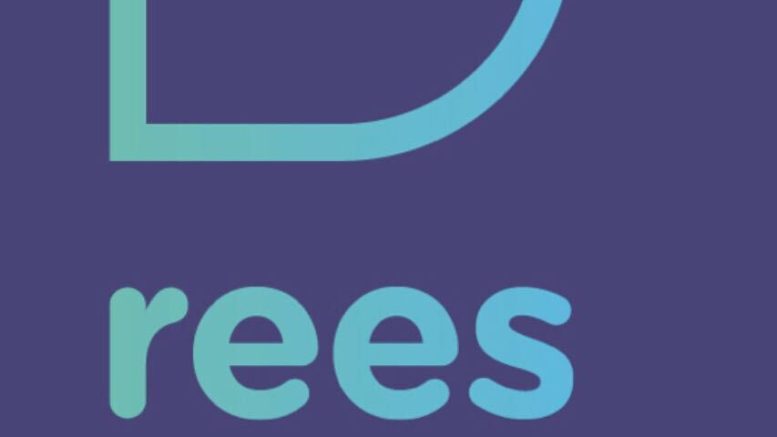University of Manitoba students will now be able to report sexual violence online anonymously through Respect, Educate, Empower Survivors (REES), an online platform for reporting sexual harassment, misconduct and assault.
“It was really developed to reduce barriers to reporting,” said Mary Lobson, founder of REES.
UMSU partnered with REES to bring the tool to the U of M after discussions between REES and the university directly fell through over disagreement on aspects of the platform.UMSU vice-president student life Savannah Szocs said after the discussions with the university broke down, UMSU decided to step in in order to bring the tool to students.
“We were really looking forward to that partnership between U of M and REES, so when that kind of fell through, we decided as UMSU to take on that partnership instead of the U of M and to make that resource accessible to our students on campus because we wanted to be able to support the student community.”
Szocs noted that UMSU would have preferred to have a partnership reached directly between the U of M and REES so that staff and faculty also had access.
“[The partnership between UMSU and REES], of course, isn’t ideal because we want resources to be available for everyone that is present on campus,” said Szocs.
“There are definitely things that happen to administrators, staff and faculty as well, so it’s always best when those resources on campus, like the Sexual Violence Resource Centre, [are] available to everyone.”
Lobson said the tool also gathers data on the prevalence of sexual violence. By using this data, sexual violence can be addressed on campuses and prevented.
To access the online tool, individuals can visit the REES website, select their campus, create a confidential account and begin their reporting process.
“The report questions are all survivor-centric,” said Szocs.
Szocs explained students can decide which questions they want to skip and which they prefer not to answer.
“This allows the survivor to be in complete control of what and how much they share,” she said.
Students can also exit any report they create and come back to it later, with any progress made being saved to their account.
“After the student finishes their report, they’ll be connected with options for further supports and resources on their campus and the program will display other options they can take moving forward if they choose to do so,” said Szocs.
One major advantage to REES is that it provides reporters anonymity.
“When someone experiences sexual violence, a big part of that trauma can arise from having to come to terms with the fact that something like that has happened to you and admitting that to yourself can be really, really challenging,” Szocs noted.
“Admitting that to others is going to be even more difficult.”
Any unwanted or non-consensual behaviour can be reported on the REES website, a tool Lobson hopes will make reporting more common.
“We really want to encourage people to come forward about really any type of […] unwanted sexualized incident that is making them uncomfortable on campus.”

